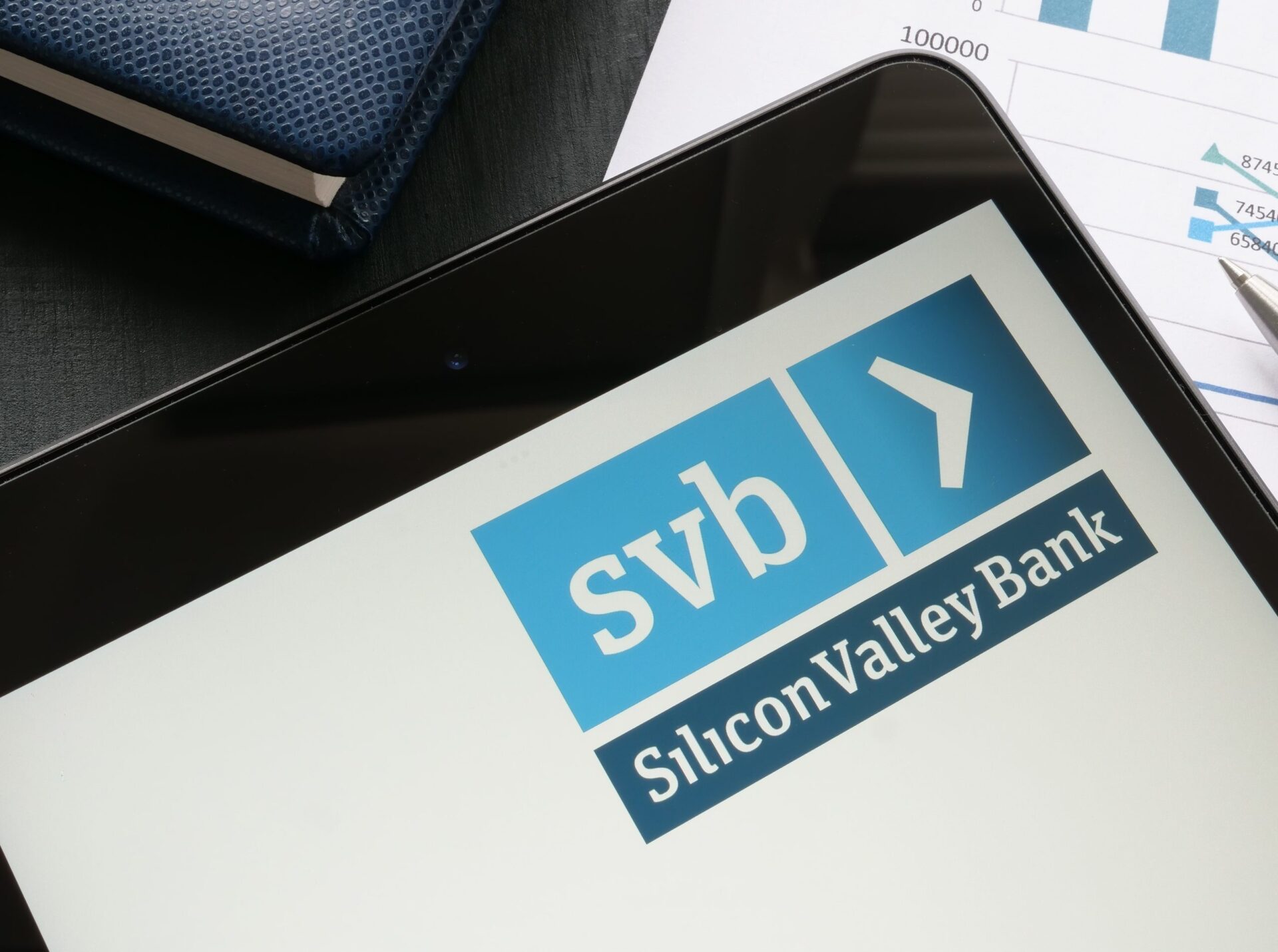By KIMBERLEY HAAS
The administration worked to assure consumers that the banking system was safe on Monday following the sudden collapse of two financial institutions.
Officials at the Federal Deposit Insurance Corporation announced on Friday that Silicon Valley Bank was closed by the California Department of Financial Protection and Innovation. It was the biggest bank failure since Washington Mutual in 2008.
All insured deposits were transferred to the newly-created Deposit Insurance National Bank of Santa Clara.
Silicon Valley Bank had 17 branches in California and Massachusetts. As of December 31, 2022, it held approximately $209 billion in total assets and about $175.4 billion in total deposits, according to officials.
On Sunday, FDIC officials announced a similar fate for New York-based Signature Bank, which was closed by that state’s department of financial services. Federal officials transferred all the deposits and substantially all of the assets of Signature Bank to Signature Bridge Bank, N.A., they said.
Signature Bank had 40 branches across the country in New York, California, Connecticut, North Carolina, and Nevada, with total assets of $110.4 billion and total deposits of $88.6 billion as of December 31, 2022, according to officials.
A statement was released by Secretary of the Treasury Janet Yellen, Federal Reserve Board Chair Jerome Powell, and FDIC Chairman Martin Gruenberg on Sunday saying depositors at both banks will be protected. Banking activities were expected to resume at Silicon Valley Bank and Signature Bank on Monday.
President Joe Biden spoke about the situation Monday morning.
“Look, the bottom line is this, Americans can rest assured that our banking system is safe. Your deposits are safe. Let me also assure you, we will not stop at this. We will do whatever is needed on top of all it,” Biden said.
Biden said no losses will be borne by the taxpayers and the money will come from the fees that banks pay into The Deposit Insurance Fund.
Biden said that investors in the banks will not be protected.
“They knowingly took a risk and when the risk didn’t pay off, investors lose their money. That’s how capitalism works,” Biden said.
Biden said he will ask Congress and the regulators to strengthen rules for banks to make it less likely this type of failure will happen again.
The actions by federal officials have not gone without criticism.
Republican presidential candidate Nikki Haley said on Monday that Biden is pretending this is not a bailout, but it is.
“Now depositors at healthy banks are forced to subsidize Silicon Valley Bank’s mismanagement. When the Deposit Insurance Fund runs dry, all bank customers are on the hook. That’s a public bailout,” Haley said on Twitter.
Fellow Republican presidential candidate Vivek Ramaswamy said leaders at Silicon Valley Bank made irresponsible decisions as to how they invested deposits from the tech startups they cater to. The bank bought mortgage-backed securities with these deposits and the value of them fell as the Federal Reserve increased interest rates.
“They claim they need a bailout at the public fisc because they might create systemic risk. And I think that’s a shame. If you want to stop a bank run across the rest of the country, there are ways to do that other than actually stepping in to save the depositors of Silicon Valley Bank,” Ramaswamy said in an interview with D.C. Journal.
What does this mean for the mortgage industry?
What will happen next remains to be seen.
Sheila Bair, a banking regulator during the 2008 financial crisis, told CNN that officials at the Federal Reserve need to assess the full impact of their actions before raising interest rates further in their battle against inflation. Policymakers will be meeting next week and although mortgage rates are not dictated by the Feds, they are heavily influenced by their policies and predictions on future inflation.
“The Fed needs to hit pause and assess the full impact of its actions so far before raising short rates further,” Bair said. “If they paused, it would have a settling effect on the markets.”
CNBC reported that the average rate on a 30-year fixed mortgage dropped on Monday to 6.57% in the wake of the failures.
Follow Us On Twitter:
“What we are trying are pilot programs in certain areas to help people get on that homeownership ladder to achieve generational wealth,” EVP of Capital Markets Bill Banfield said. https://t.co/th9fafxwaj
— The Mortgage Note (@TheMortgageNote) March 13, 2023
Read More Articles:
Research Provides Mixed Projections For Mortgage Market
Rate Hikes Happening As Spring Homebuying Season Starts
Growing Enterprises: Presale Home Renovation Company Revive Continues National Expansion
